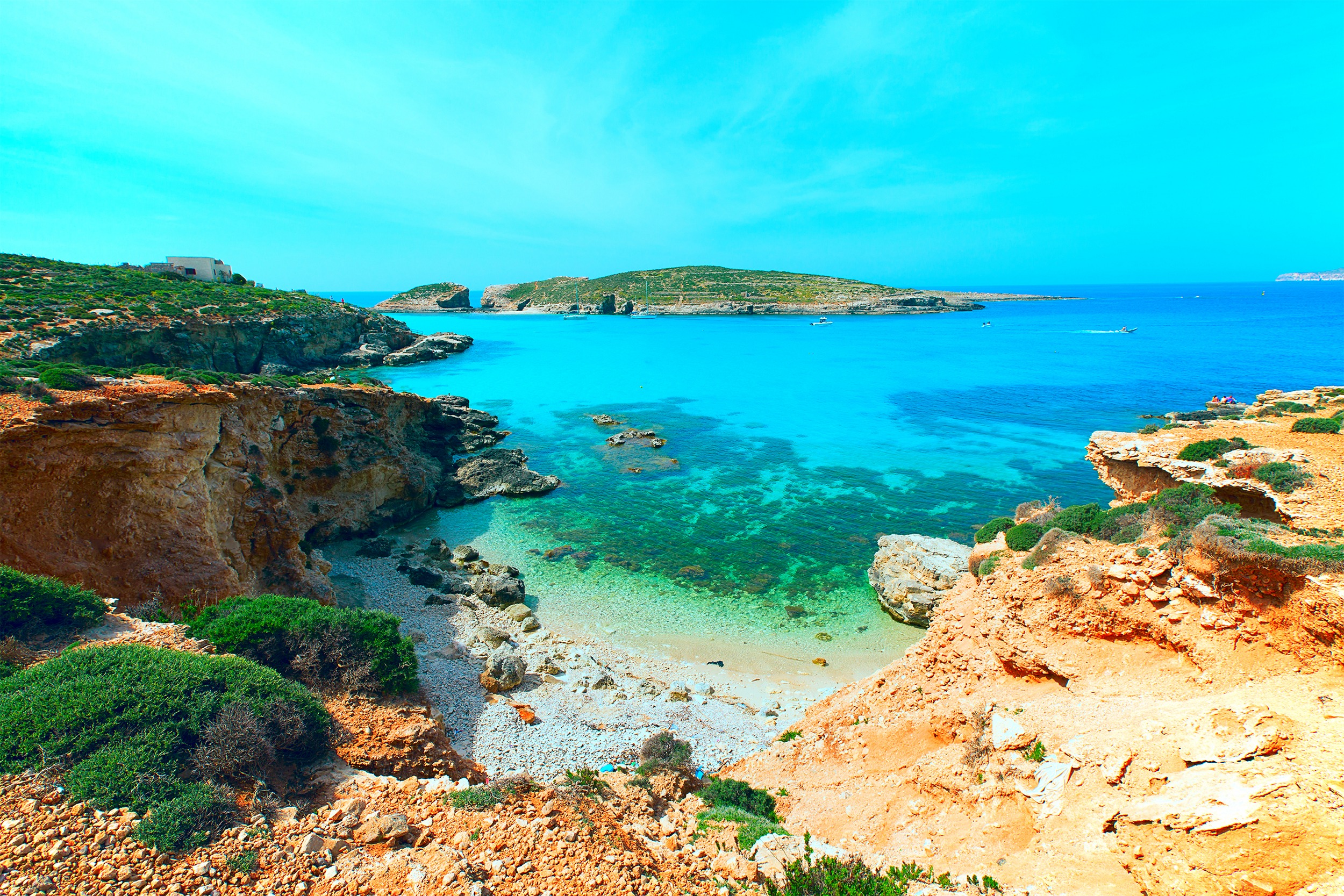We need to take action in favour of the environment before it is too late

Nature provides the food we eat, the water we drink and the air we breathe. On top of this it provides us with personal moments of inspiration when we spend time in the countryside, near the sea or listening to birdsong.
We have all assumed that nature will always be there for us and for our children. However, out-of-control consumption, dependence on fossil fuels and our unsustainable use of nature are now seriously threatening our future.
Environmentalists and scientists have been drawing attention to this for decades. We have entered the era of accelerated destruction of species and we are facing the irreversible loss of plants and animals, important habitats and crops and dealing with the dire impact of global climate change.
Last year was characterised by heat waves across Europe and flooding and fires in countries on other continents. There is a sense of anger and collective anxiety. The spectre of such environmental damage has created great concern, especially in youths around the world, about our ability to maintain health, productivity, security and our livlihoods. We must also consider animals, insects, plants and their habitats.
In spite of the profound threat of the loss of biodiversity, it is climate change that has been considered to be the main environmental concern. This changed in Paris at the beginning of May when representatives of 130 nations approved the most comprehensive study to date on world diversity. The report, based on the Intergovernmental Science-Policy Platform on Biodiversity and Ecosystem Services (IPBES), found that nature is being destroyed at an unprecedented rate in history.
A million species are today threatened by extinction and humankind is sabotaging the natural infrastructure upon which our modern world is based.
Nature boosts humankind’s initiatives – that drive productivity, culture and, even, our faith and identities. But economies, livelihoods, food security and the quality of life around the world are under threat. We are exploiting nature at a faster rate than it can regenerate itself.
The IPBES report shows that government and businessmen are not trying hard enough. The world stands to lose the goals of the agreement that was signed in Paris and 80 per cent of the sustainable development goals of the United Nations (food, water and energy security) because of the poor management of the natural world.
Having said this, the good news is that there are a number of policies and technologies that can mitigate the increase in world temperature and can help us address conservation and the sustainable use of biodiversity. The way we produce and use energy, the way we use soil, how to protect coastal ecosystems and how we treat trees is key to our future. This can also help us increase our quality of life.
The world needs to acknowledge that the issue of loss of biodiversity and human-driven climate change is not solely environmental; it is also a development, economic, social, security and moral issue. The future of humanity depends on immediate action. If we do not act, our children and all future generations will never forgive us.
